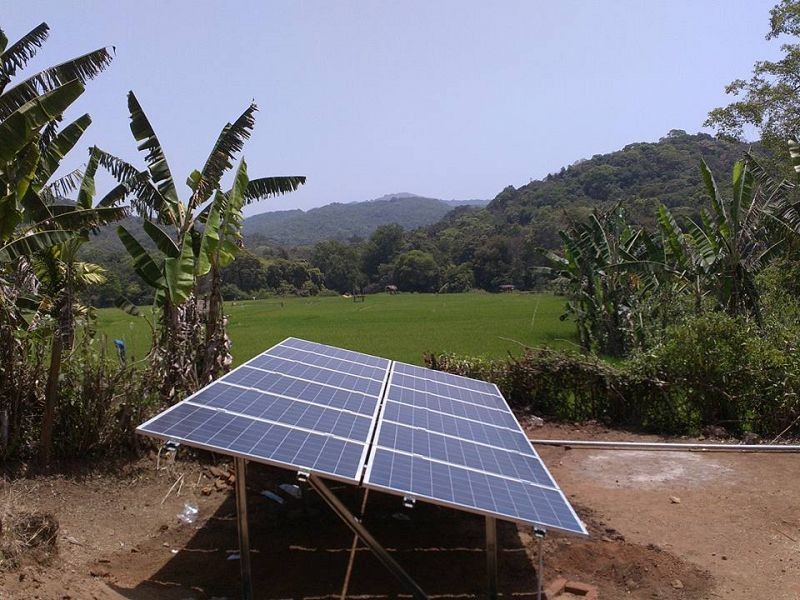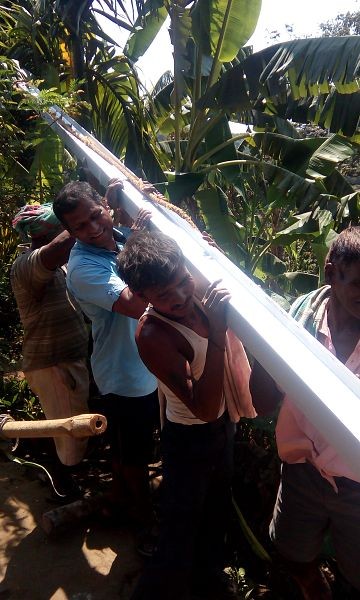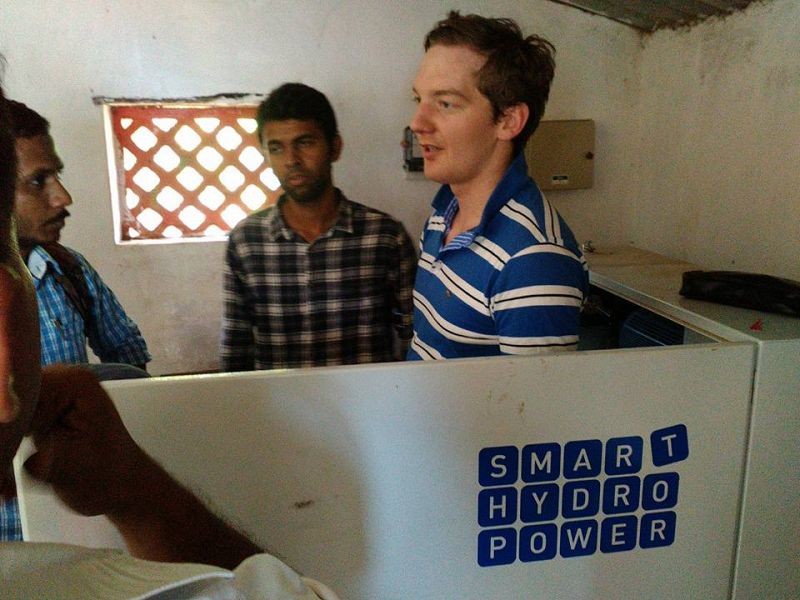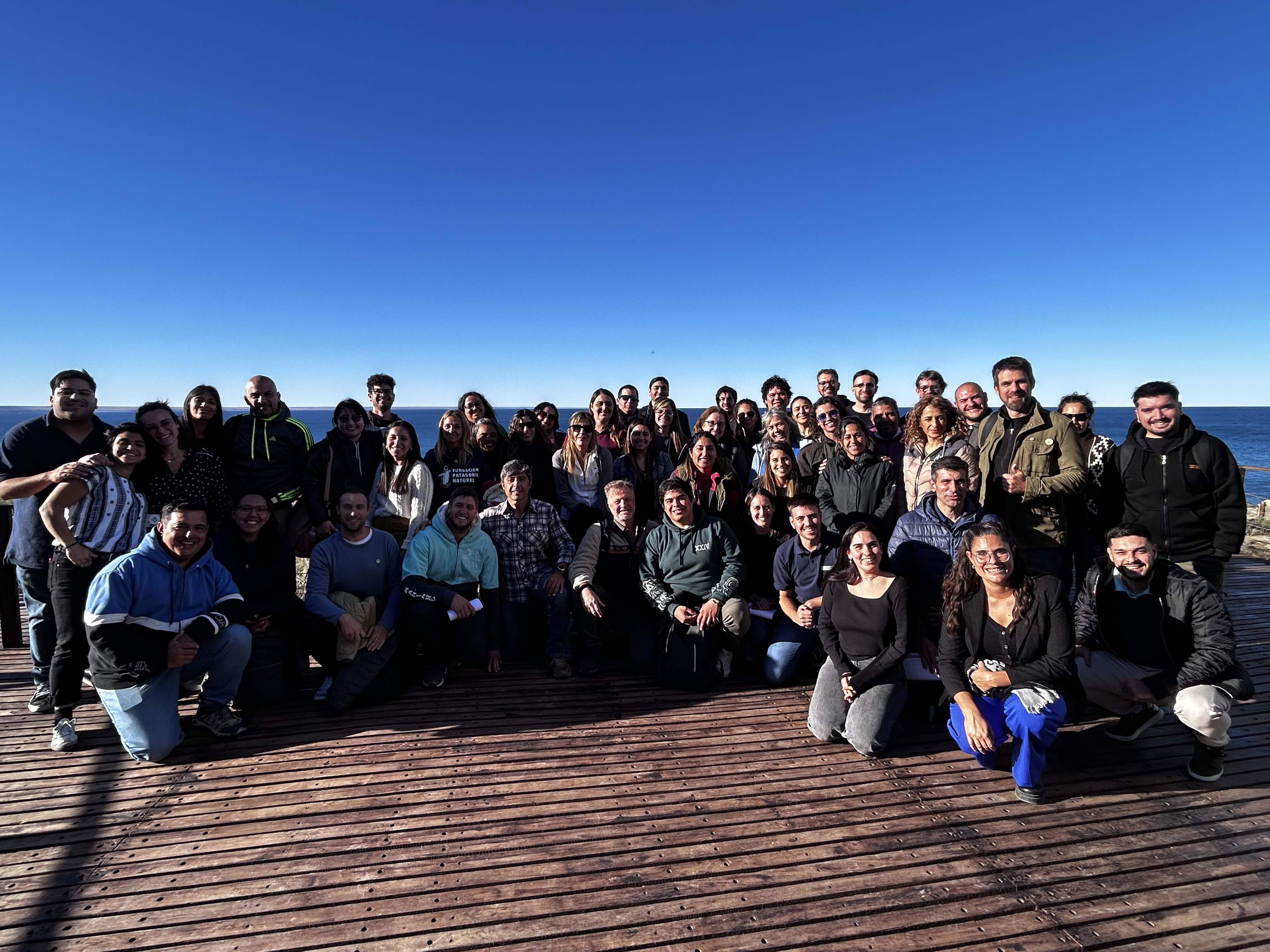More than 45 teachers from 15 schools in Chubut Province, Argentina, participated in the first training to launch our newest capacity building partnership: the YouthEnergy project.
Empowering Rural Entrepreneurs in India
The project is carried out by Smart Hydro Power GmbH, together with local partners Gram Oorja and Sanjeevani Seva Trust. Gram Oorja was responsible for importing the technology to India and transporting it to Bhamane, as well as for installing the micro-grid at the project site, which was completed in March 2016.
The system at Bhamane comprises of a 3 kW solar PV system, a turbine and an inverter cabinet. A distribution system handles the electricity supply to 84 households through a so-called service wire. These households have been equipped with LED bulb holders, a socket and energy meters to measure consumption.

Furthermore, a rice mill (50 kg/hour) and flour mill (25 kg/hour) have been installed at Bhamane, meaning that villagers no longer need to travel 20km to mill their produce. The supplier of these systems offered technical operation and maintenance training to two villagers, who are now responsible for running both the micro grid (turbine, solar panels and distribution system) and the mills.

This is the first time that local villagers in Bhamane have had access to a reliable electricity supply and, as such, the excitement level of the villagers was palpable. They volunteered to help with the offloading of materials at the site, as well as with the installation of mounting structures, poles, the turbine and the dam structure.
The direct impact of the training activities on the level of education of the individuals and the positive effect of the mills on the families’ economic wealth are obvious. A thorough analysis of how the electrification will impact on the distribution of wealth and social structures in Bhamane in the long term is still in progress.
More general information is available on our SEPS project page: Empowering entrepreneurs in rural India in the un-electrified village of Bhamane


